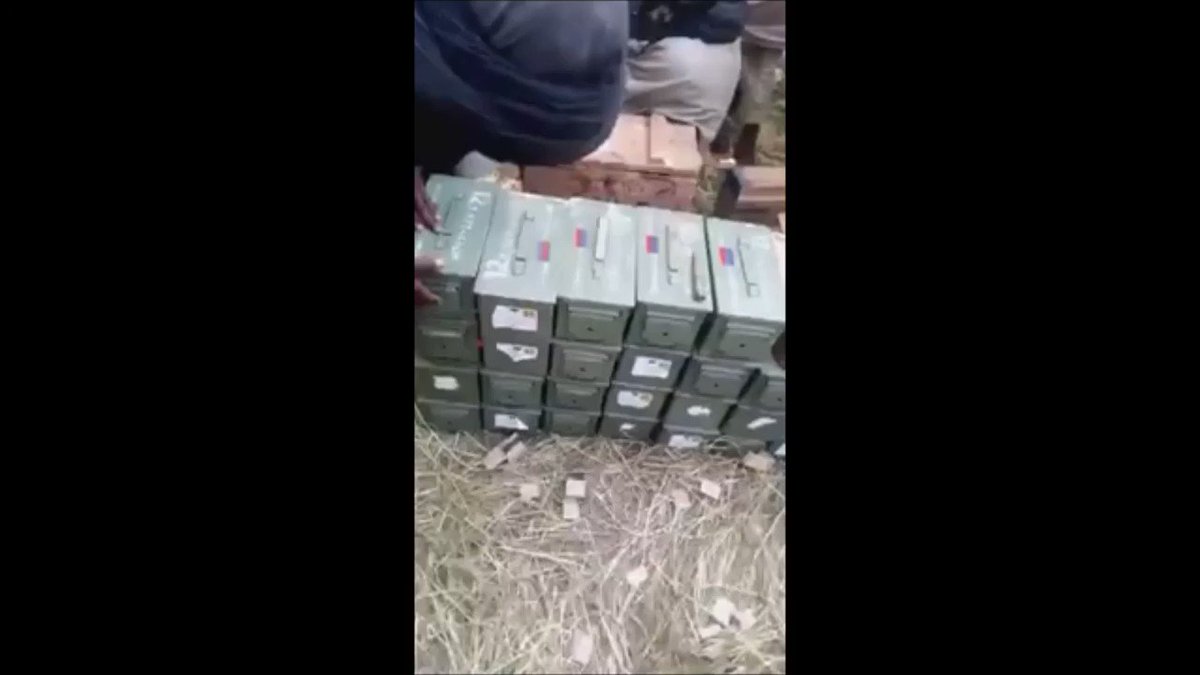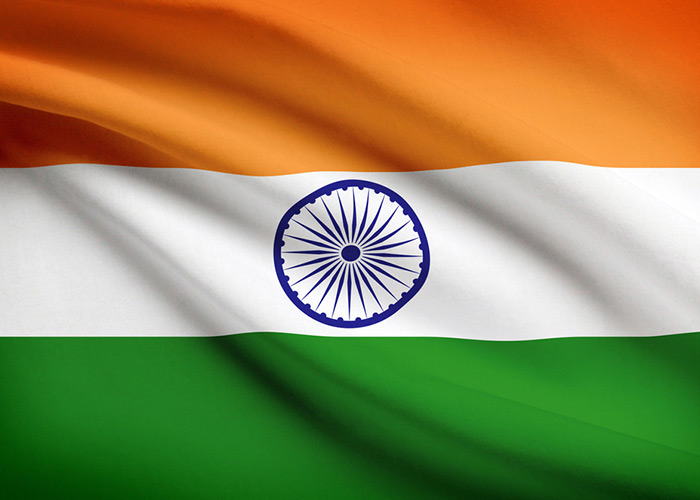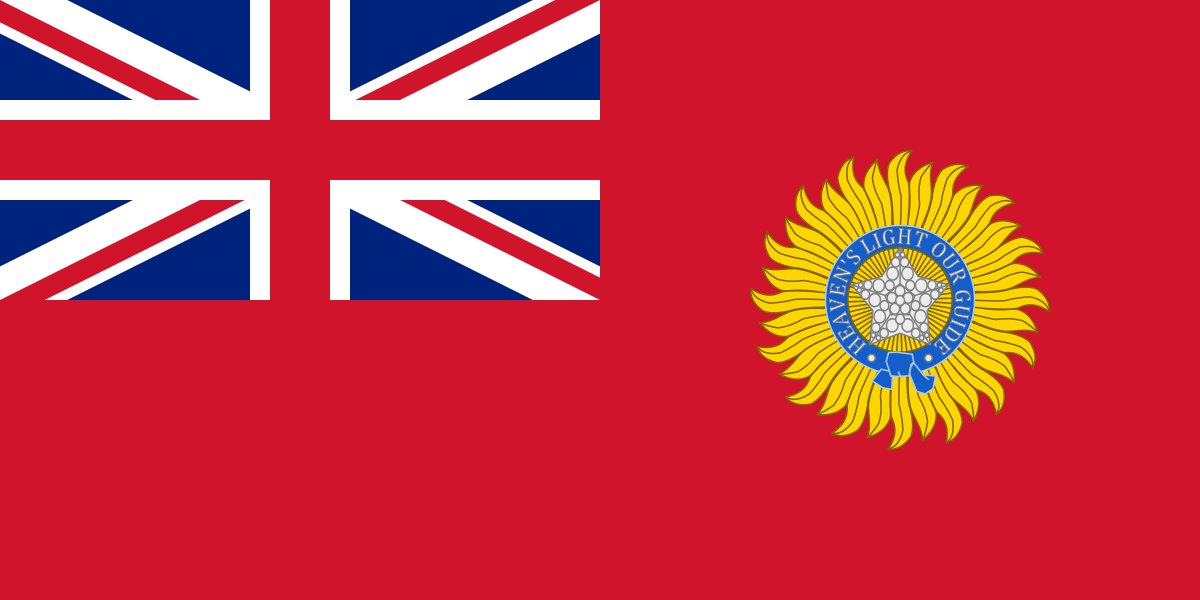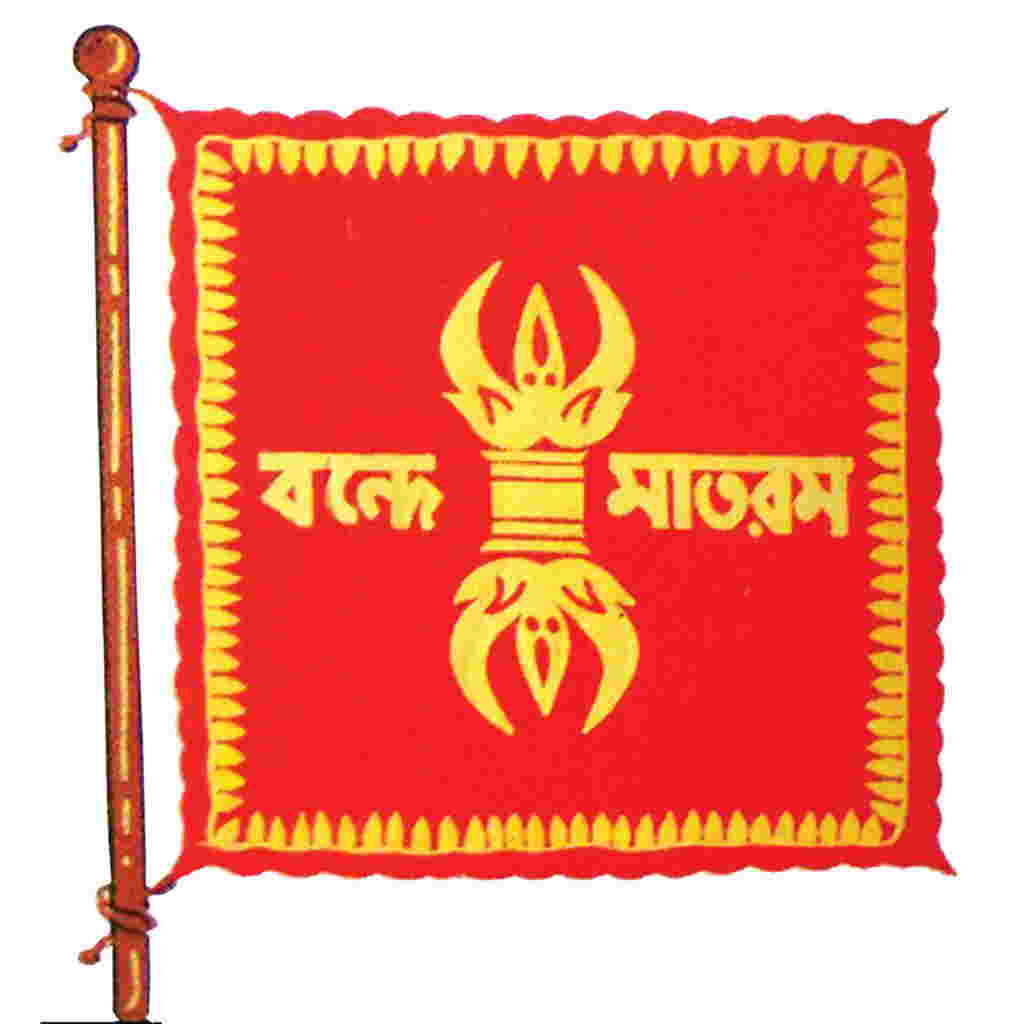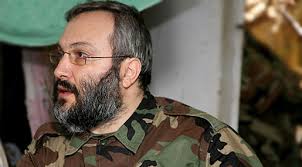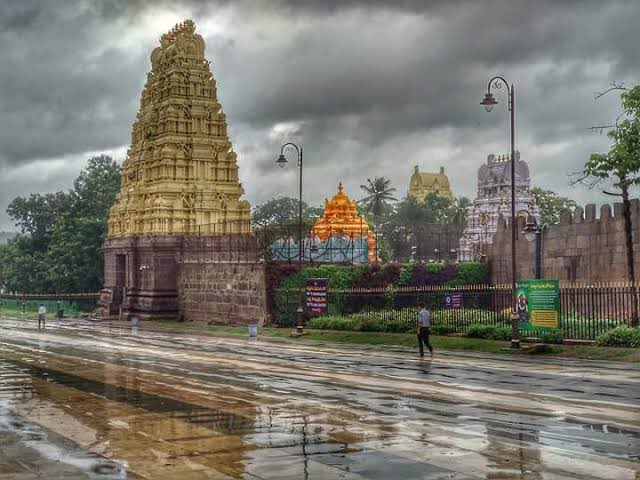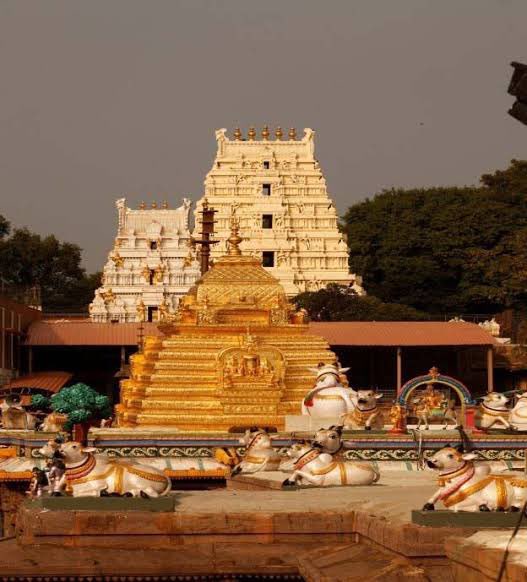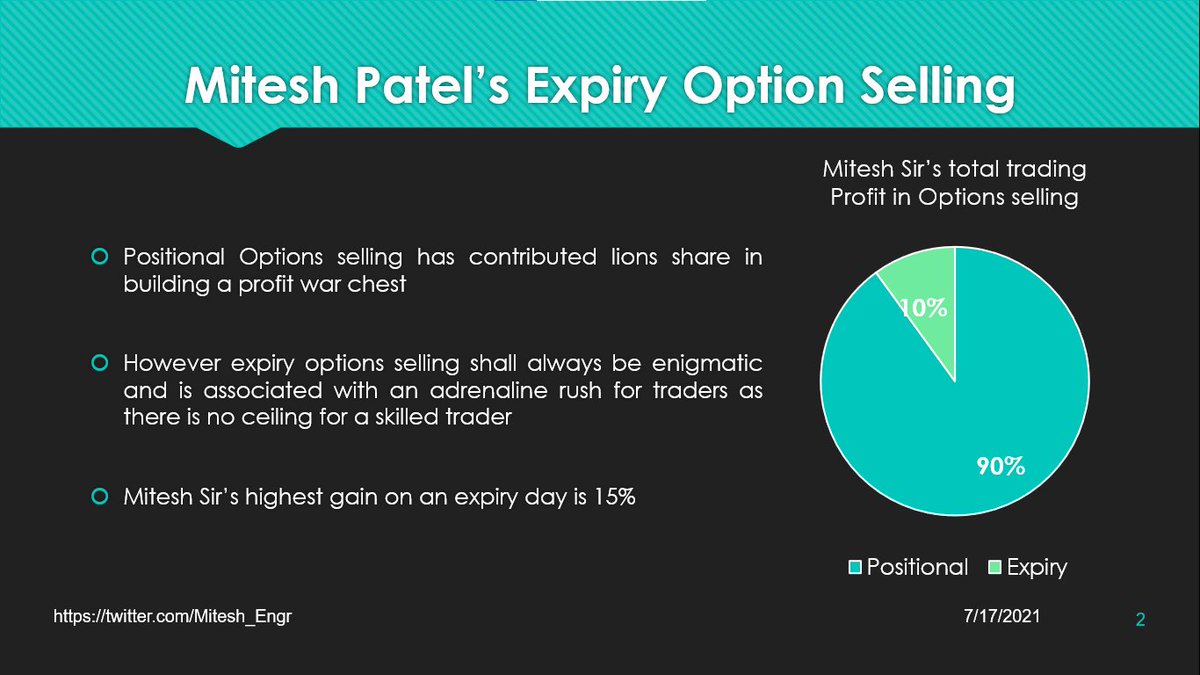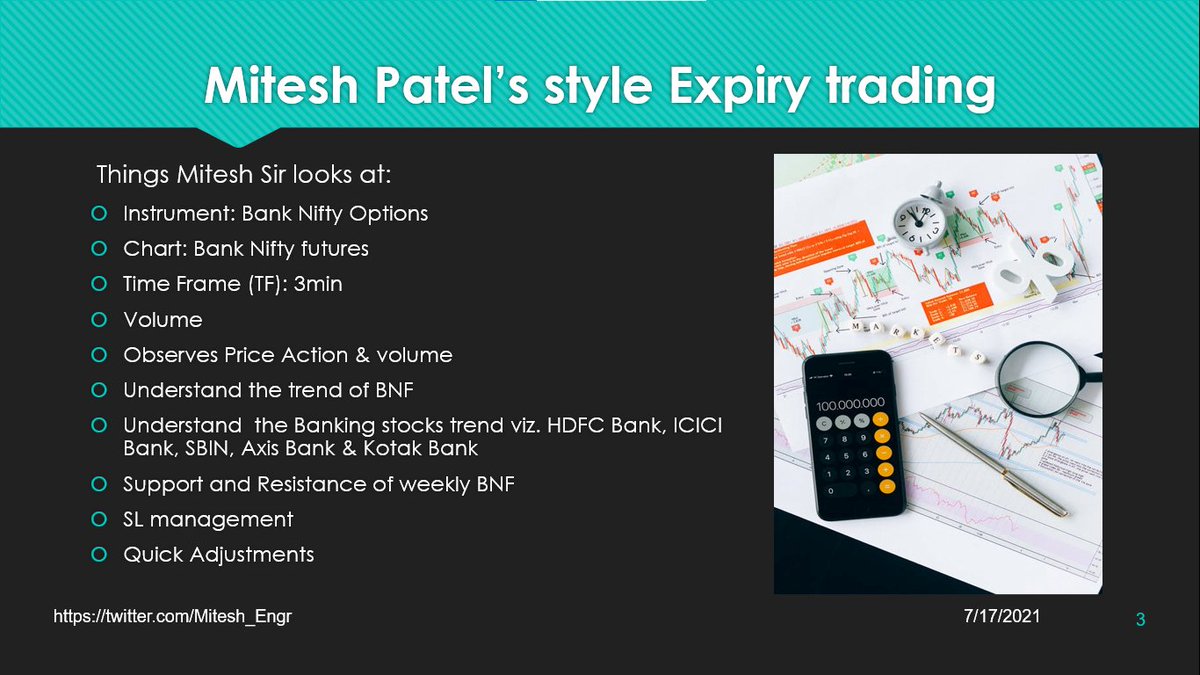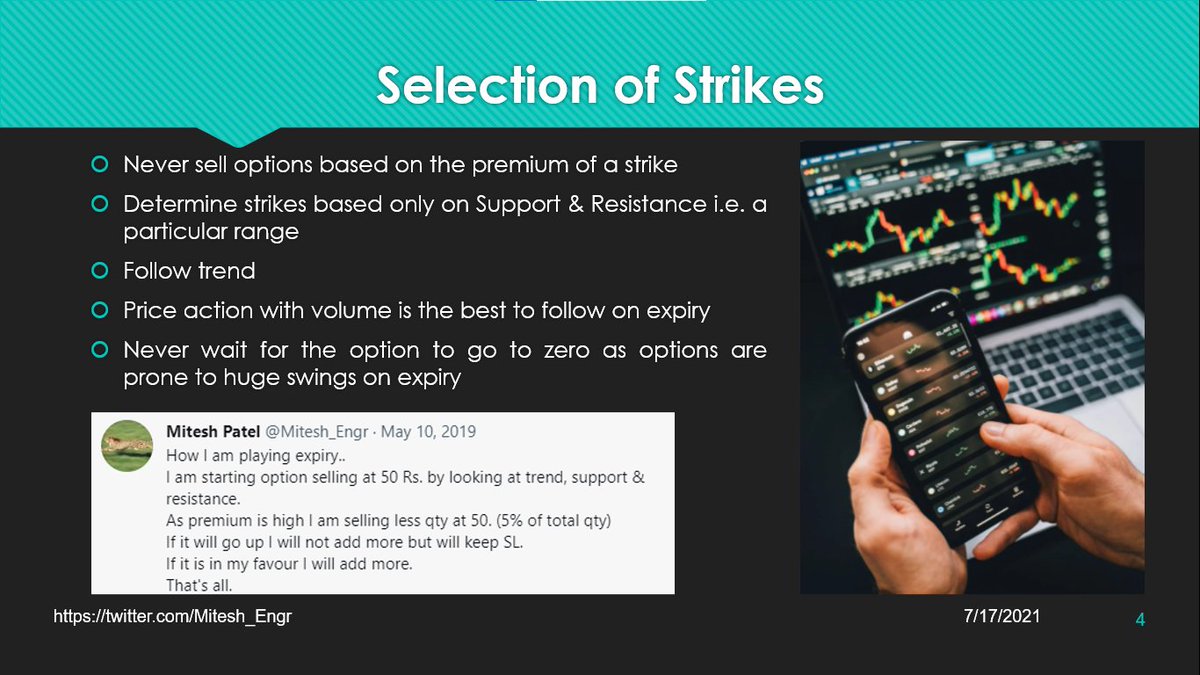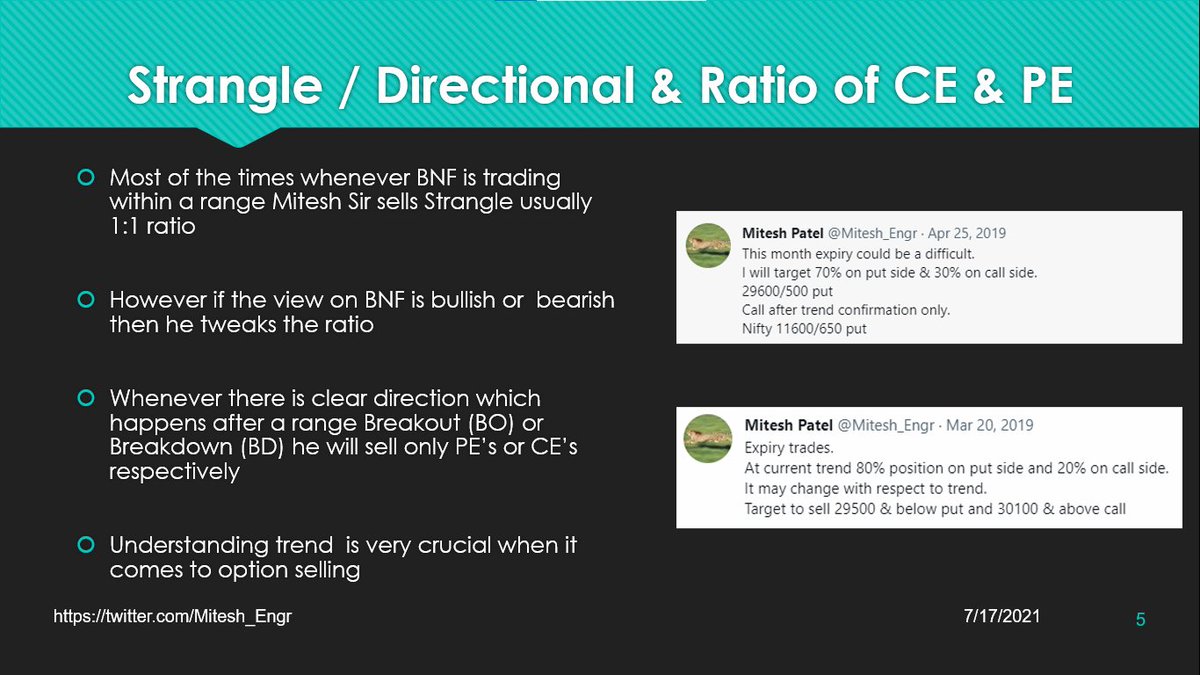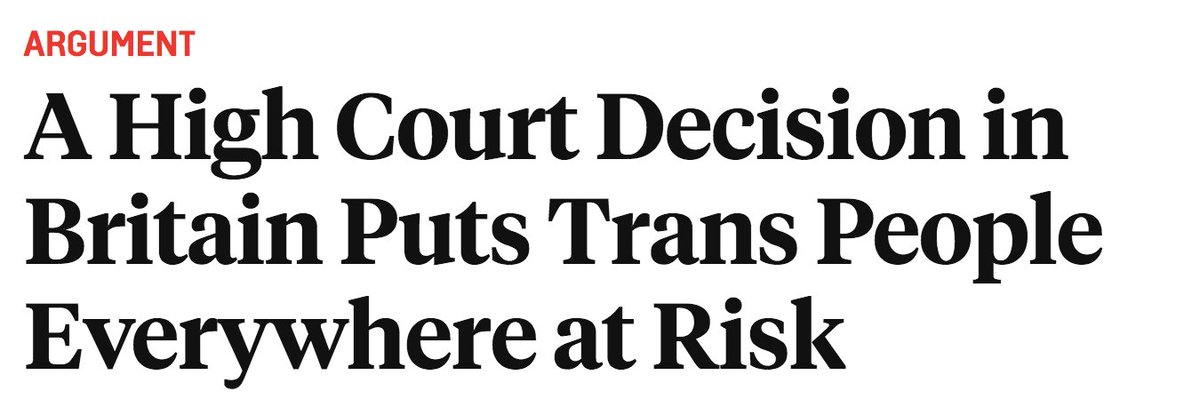Navalny’s return, his arrest and the protest. A first quick thread
1. Navalny in Germany had rot make a difficult choice: to stay in exile and become insignificant or to return to stay significant (and may be even rise more), but under risk for his freedom and life. /2
First: He’s build the first and only nationwide network of supporters except of those the Kremlin controls.
Second: This network is working without his direct involvement.
Third: The poisoning and the return have both boosted his …/14
Forth: He seems to mobilise even people, who are not content with his political agenda or opinion, but with his approach of being Putin’s contender./15




